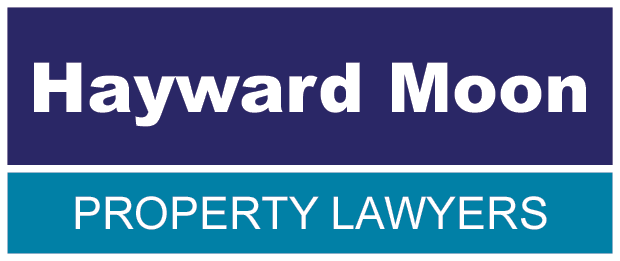Emma Fraser from our Bury office explains how the lease extension process works.
What is a Lease Extension?
What is a Lease Extension?
If you own a leasehold property you will have a right to live in the property for a certain period in accordance with the Lease. Once the Lease term expires, the legal rights in the property revert to the Landlord. A lease extension involves extending the term of an existing Lease.
Why Extend a Lease?
A Lease extension provides security in your property for a longer period. In addition, longer Leases are typically more valuable and therefore extending a Lease can enhance the value of the property, making it more attractive to potential buyers and mortgage lenders.
What has changed?
Effective from 31 January 2025, leaseholders will no longer need to wait for two years to commence enfranchisement or lease extension processes, implementing the first part of the Leasehold and Freehold Reform Act 2024
What has changed?
Effective from 31 January 2025, leaseholders will no longer need to wait for two years to commence enfranchisement or lease extension processes, implementing the first part of the Leasehold and Freehold Reform Act 2024
Points to Consider
- Firstly you should ensure that you are eligible for a Lease extension. If you own the property you will have a statutory right to extend your lease by 90 years and reduce the ground rent to a peppercorn in accordance with the Leasehold Reform, Housing and Urban Development Act 1993.
- The cost of extending a lease can be significant and often requires professional valuation. You will need to consider your own legal fees as well as the cost of a surveyor. You will also be expected to meet the Landlord’s legal and valuation fees. You will therefore need to consider how you will fund your Lease extension.
The Lease Extension Process
- Begin by reviewing the current Lease to understand both the current term and ground rent payable.
- Instruct a conveyancer to assist you in navigating both the negotiation of the premium and the Lease extension process itself.
- Obtain a professional valuation from a surveyor. This involves assessing the premium payable to the Landlord for extending the Lease. This valuation considers various factors including the remaining Lease term, property value, and ground rent payable.
- Contact the Landlord to express your intention to extend the Lease. It may be that terms can be agreed on an informal basis.
- If terms cannot be agreed on an informal basis instruct your solicitor to issue a section 42 notice on the Landlord. This notice sets out your statutory right to a Lease extension and sets out the proposed terms including the premium offered.
- The Landlord might accept the notice or might serve their own counter notice setting out their proposed terms and premium. Negotiations may be necessary before an agreement is reached.
- Once terms are agreed upon, your conveyancer and the Landlord’s legal team will agree the necessary legal documents.
- Both parties must sign the new Lease and once the new Leases is completed it becomes legally binding.
Conclusion
Extending a Lease requires careful consideration and professional guidance. If you would like any further advice on your own Lease and possible extension please contact us
Please note this article is provided for general information purposes only to clients and friends of Hayward Moon Limited. It is not intended to impart legal advice on any matter. Specialist advice should be taken in relation to specific circumstances. Whilst we endeavour to ensure that the information in this article is correct, no warranty, express or implied, is given as to its accuracy, and Hayward Moon Limited does not accept any liability for error or omission.



